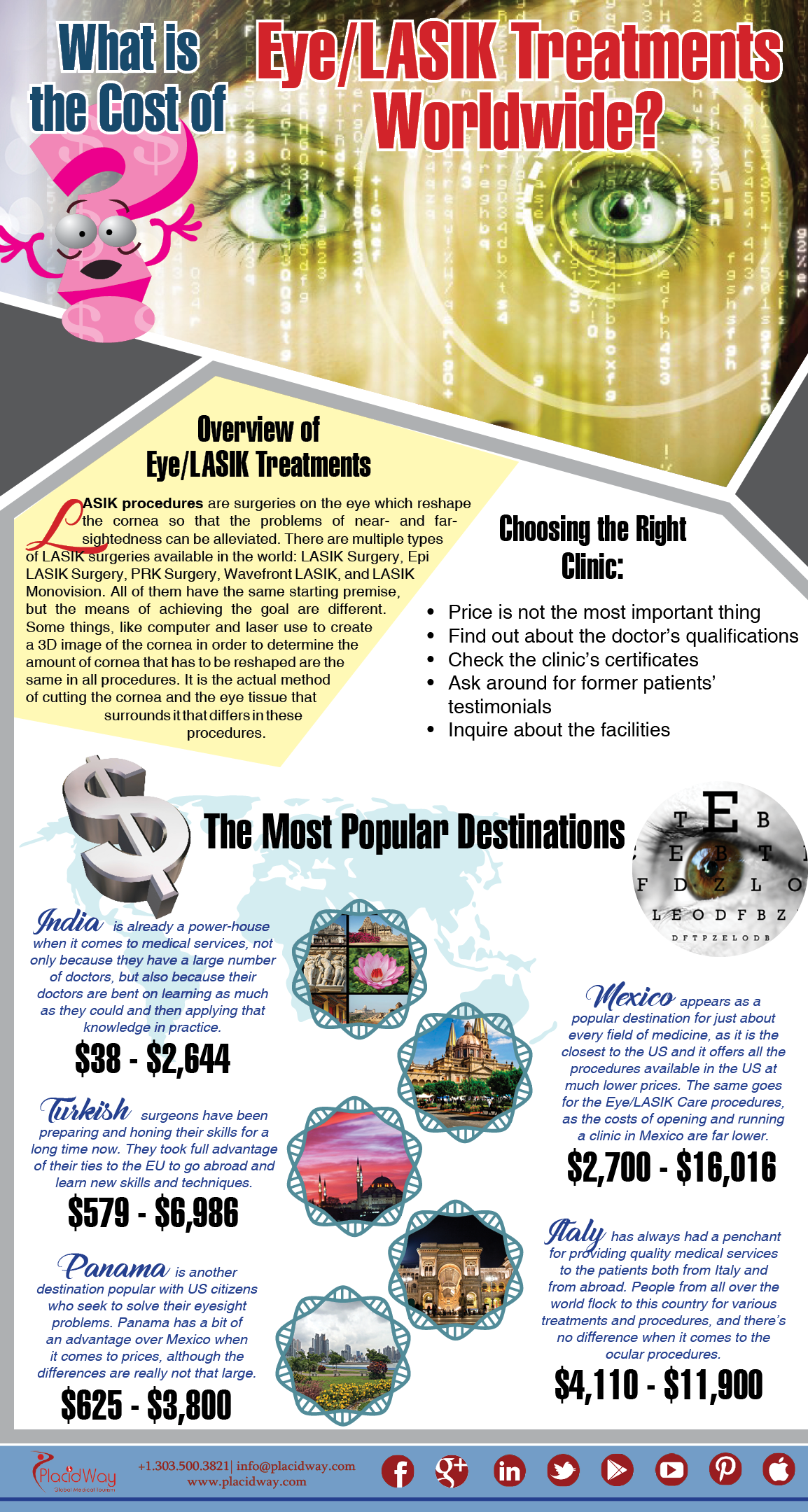Discover The Capacity Of Refractive Lens Exchange And The Unexpected Realities Your Ophthalmologist May Not Disclose-- Could This Be The Vision Option You've Been Missing Out On?
Discover The Capacity Of Refractive Lens Exchange And The Unexpected Realities Your Ophthalmologist May Not Disclose-- Could This Be The Vision Option You've Been Missing Out On?
Blog Article
Short Article Produced By-Blackwell Sandberg
Have you ever thought about Refractive Lens Exchange (RLE) as a choice for vision correction? While it isn't as extensively talked about as LASIK, RLE could be a game-changer for your sight. Many people forget its advantages, assuming traditional techniques are their only option. However what are the actual advantages, and what might your ophthalmologist not be informing you concerning this procedure? Let's explore https://ktar.com/story/2768764/see-20-20-in-2020-with-new-technologies-in-eye-care/ and outs of RLE with each other.
Understanding Refractive Lens Exchange: The Fundamentals
Refractive lens exchange (RLE) is an operation that can substantially enhance your vision, specifically if you're managing presbyopia or severe refractive mistakes.
During RLE, your eye doctor removes your eye's natural lens and replaces it with a fabricated one customized to your vision needs. This procedure can remedy nearsightedness, farsightedness, and astigmatism, offering you more clear vision without depending on glasses or contact lenses.
The surgery is usually quick, taking less than an hour, and the majority of clients experience very little pain. Recuperation is reasonably fast, allowing you to go back to your day-to-day activities quickly after.
If you're thinking about RLE, talking to your eye doctor can help you establish if it's the appropriate option for you.
Key Differences Between RLE and Conventional Cataract Surgical Treatment
While both refractive lens exchange (RLE) and traditional cataract surgery entail replacing the eye's natural lens, their key objectives and patient profiles differ dramatically.
RLE is focused on people seeking to minimize their dependancy on glasses or contact lenses as a result of refractive mistakes, often before cataracts create. On the other hand, conventional cataract surgical procedure typically targets patients who have actually developed cataracts, which shadow the lens and harm vision.
The lenses utilized in RLE can offer a more comprehensive range of vision modification, while standard cataract surgical procedure generally involves basic monofocal lenses.
Furthermore, RLE prospects are commonly more youthful and in excellent general wellness, whereas cataract clients may be older and have various other health worries.
Selecting the right treatment depends upon your details vision demands and scenarios.
Potential Advantages and Factors To Consider of RLE
If you're thinking about refractive lens exchange (RLE), you'll locate numerous potential benefits that might improve your quality of life.
RLE can give you with clearer vision, decreasing or eliminating the requirement for glasses or get in touch with lenses. It provides a chance to address presbyopia and other refractive mistakes simultaneously, commonly boosting your overall visual acuity.
Furthermore, RLE can be a wonderful option if you're not an ideal candidate for LASIK. Nonetheless, it is very important to evaluate the considerations, like the price, prospective risks, and the healing period.
Reviewing your specific needs with your ophthalmologist can assist you make an informed decision, ensuring you pick the best path for your vision improvement.
Verdict
In conclusion, refractive lens exchange uses a distinct option for vision correction that surpasses what LASIK can give. It's important to consider the advantages against possible dangers and prices prior to making a decision. Don't be reluctant to ask your ophthalmologist the difficult questions to ensure you completely understand the procedure and its implications for your vision. With the appropriate details, you can with confidence select the very best option for your eyes and way of living.
